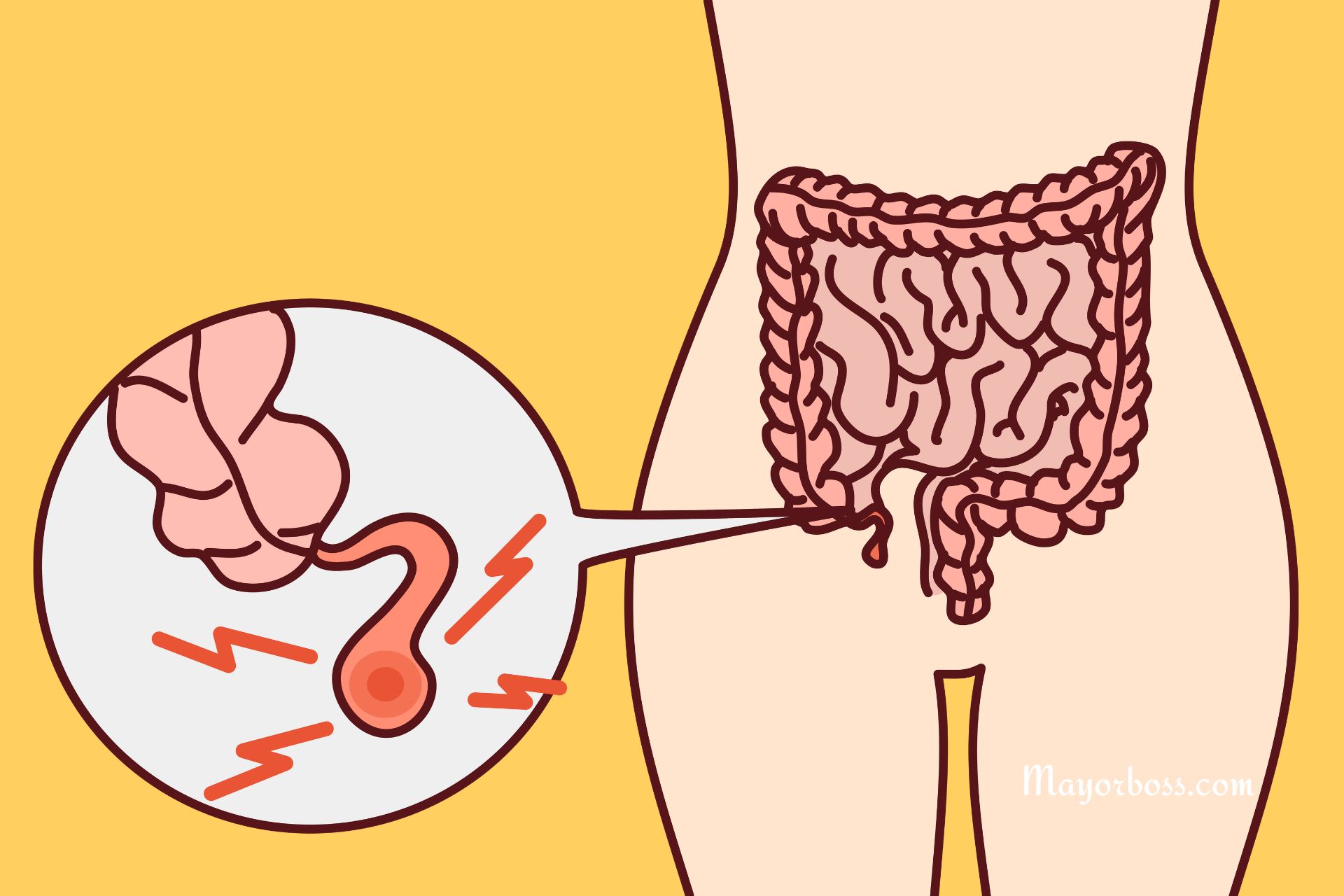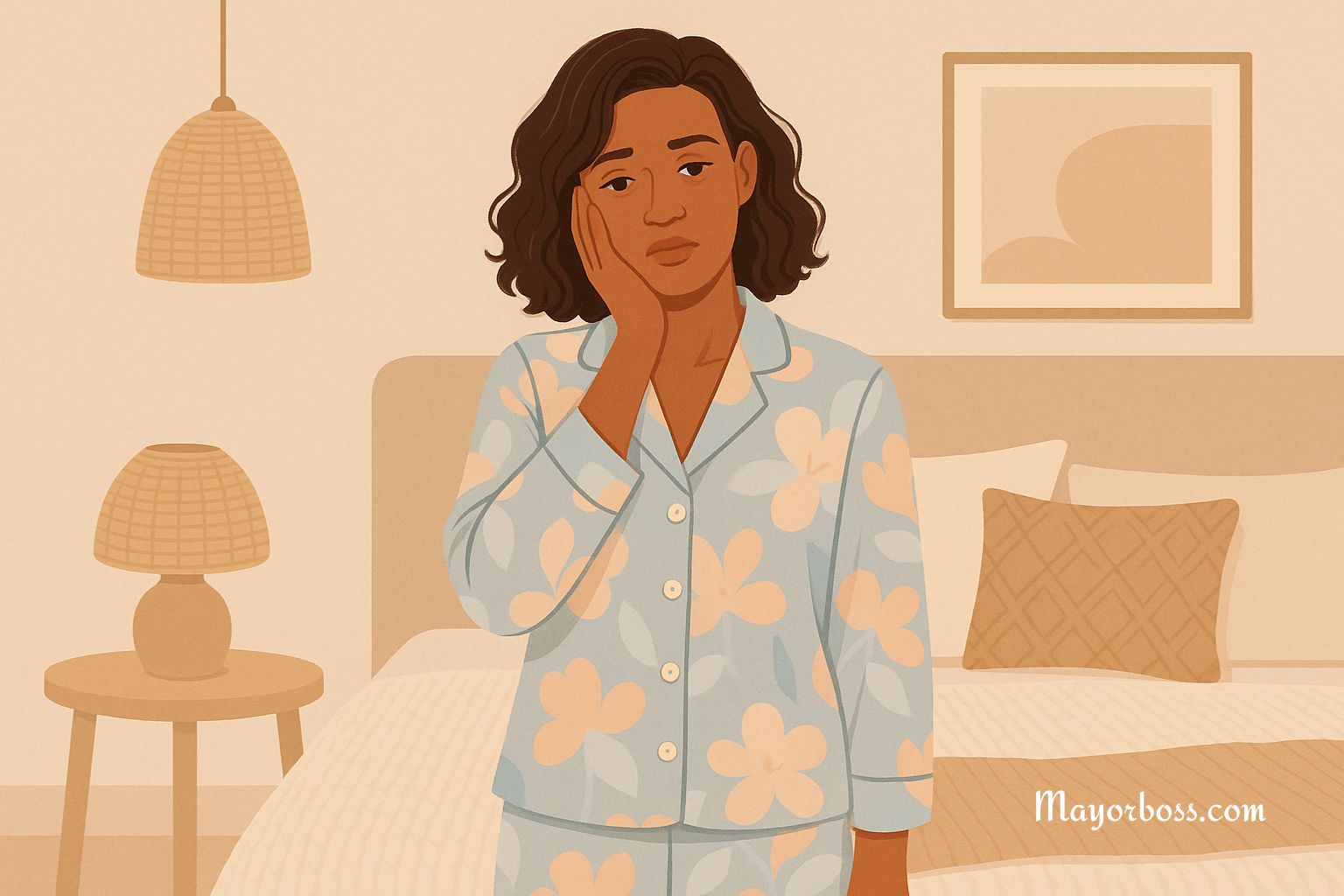Waking Up With a Dry Throat in the Morning? Here’s What Your Body Might Be Telling You
A dry throat usually develops when there isn’t enough moisture lining the back of your mouth and pharynx. This may happen if you breathe mostly through your mouth at night, experience nasal congestion, or have an environment that is low in humidity.
However, dryness in your throat can also be linked to health conditions. Certain things—like sleeping with your mouth open, tonsillitis, allergies, or even acid reflux—can all play a part.

Mouth Breathing
Mouth breathing is one of the most direct causes of dryness. When you inhale through your mouth rather than your nose, the passing air can pull moisture away from your throat tissues. Most studies have found that people who deal with allergies or nasal congestion are more likely to sleep with their mouths open. If you catch yourself waking up with a parched mouth and a dry throat, it could be a signal that you’re breathing through your mouth while you snooze.
Low Humidity at Night
Another frequent cause of morning dryness is low humidity in the bedroom. When indoor air is especially dry—due to heaters in the wintertime or just a naturally arid climate—it can drain the moisture from your airways. You may notice not only a dry throat but also a bit of dryness in your nasal passages.
Allergies and Sinus Problems
Allergies can lead to a stuffed-up nose, forcing you to breathe through your mouth. Along with dryness, you might notice sneezing, itching, or watery eyes. Sinus issues can do much the same, creating discomfort that may be worse when you first wake up. Keeping an eye on other allergy-like symptoms is often key to spotting the real source of your dry throat.
Acid Reflux or GERD
Acid reflux, also known as GERD, occurs when stomach acid enters the esophagus. This can cause irritation or even a burning sensation in the throat. For some individuals, reflux is more active at night when they lie flat, which can lead to a dry or sore throat in the morning. If you also notice heartburn, an unpleasant taste in your mouth, or belching after meals, acid reflux could be the real culprit.
Medications
Certain medications—like antihistamines or blood pressure drugs—may reduce saliva production. If you take these prescriptions before going to bed, you might notice more dryness when you rise. If your medication is causing trouble, a conversation with your doctor is a good idea. They may suggest a lower dose or a different medicine.
Treatments for Waking Up With a Dry Throat
Increase Moisture in the Air
One easy fix is to run a humidifier in your bedroom. This device adds moisture to the air and helps keep your throat from drying out. Place it near your bed for best results, and remember to clean the machine regularly to prevent mold buildup.
Stay Hydrated
Drinking plenty of water throughout the day—and even just before bedtime—helps maintain ample saliva. If you wake up at night, a small sip of water can bring quick relief. However, try not to drink so much water at bedtime that it disrupts your sleep with extra bathroom trips.
Identify Allergy Triggers
If allergies are behind your dry throat, consider using allergen-proof covers on your pillows and mattresses. Vacuum your home often to reduce dust and pet dander, and keep windows closed during high-pollen seasons. Over-the-counter allergy medicines could also help control symptoms, but always follow directions carefully or ask your doctor for guidance.
Proper Sleeping Position
Using an extra pillow to raise your head slightly can discourage acid from traveling up your throat if you have reflux. This simple adjustment might make a big difference in your morning comfort.
When to Seek Professional Help
If you’ve tried these simple steps without results, see a doctor. In some cases, dryness can be a warning of a more serious concern, such as a thyroid problem or advanced sinus issues. Persistent symptoms—especially if they’re accompanied by pain or swelling—should be checked out.






